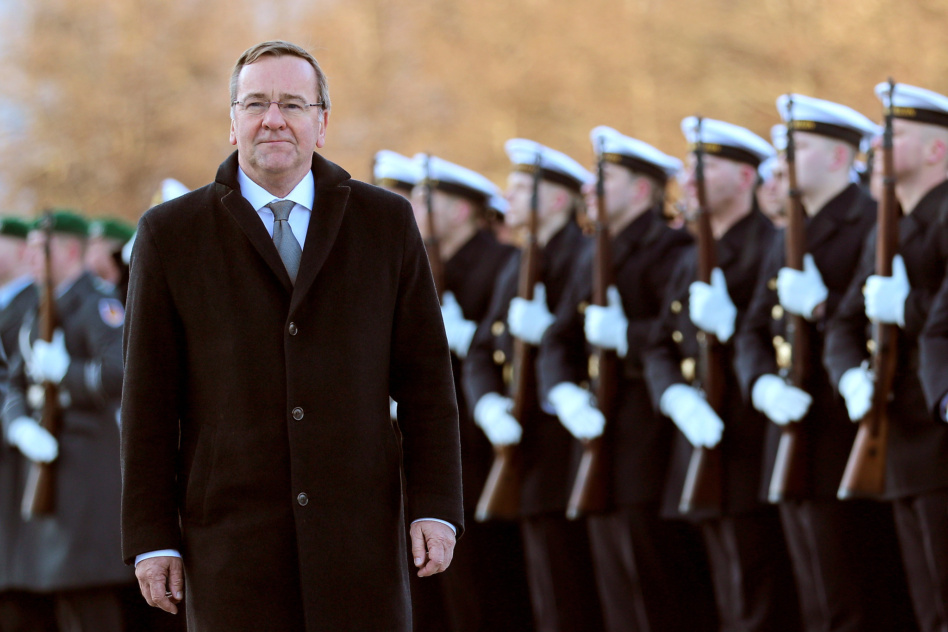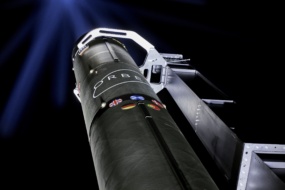Germany is investing billions in national security defense assets to counter the “fundamental threat” posed by Russian and Chinese tech, Defense Minister Boris Pistorius announced yesterday at Germany’s third Space Congress in Berlin.
The €35B investment will help support space-related defense projects over the next five years. As part of the shift, Germany will consider putting money into offensive space capabilities for the first time in the country’s history to boost deterrence in orbit.
Holding the high ground: Pistorius highlighted the worrying moves by China and Russia, which have begun targeting and tracking Western satellites, and flying over Germany on apparent reconnaissance missions.
In particular, Pistorius said two Russian Luch-Olymp spysats were tracking two Intelsat satellites as the Intelsats were being used by the Bundeswehr—the German military.
To combat these behaviors in the future, Germany is going to invest in new capabilities to even the playing field, including:
- Hardened systems that are less prone to Russian and Chinese jamming, spoofing and manipulation.
- Future “guardian satellites,” to provide defensive and offensive capabilities to boost deterrence.
- Better resiliency across the space ecosystem, from satellite constellations, to ground stations, to secure launch functions.
- Improved space domain awareness capabilities, including the use of radar, telescopes, and a greater number of space surveillance satellites.
Ultimately, Pistorius said that management of Germany’s space architecture could find a new home within the Bundeswehr, by centralizing the country’s military space functions to better prepare the nation to respond in conflict.
Make it rain: The investment follows a similar trend across Europe, where governments are spending more heavily on defense infrastructure to preempt continued Russian aggression on the continent.
This year, the European Council released data showing that overall European defense spending in 2024 increased by 19% compared to 2023—reaching a total of €343B in 2024. That’s expected to rise again to €381B in 2025.
As defense ministers across the continent plan their budgets, space capabilities are increasingly seen as central to overall resiliency.
Nations across Europe are spending more heavily on sovereign surveillance and communications infrastructure, and Germany’s announcement this week seems to confirm the commanders in Europe are coming around to an old piece of advice: the best defense is a good offense.





